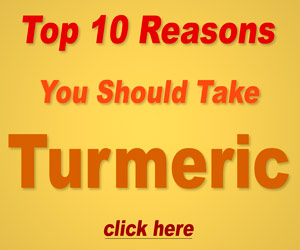How Does Quercetin Work?

Quercetin is a flavonol type of flavonoid found in plants that have a number of naturally-occurring properties that are beneficial to human and animal health.8 Studies report that this powerful phytochemical works hard to prevent or help alleviate the symptoms of a variety of diseases.
Depending on the condition, quercetin intervenes at the cellular level in a number of preventive and therapeutic ways:6
- Inhibiting or inactivating enzymes and pathways to prevent diseases from developing further.
- Promoting production of molecules that help maintain healthy cells.
- Reducing cellular degradation by substances that make cells vulnerable to dysfunction.
For example, quercetin inhibits uric acid production, helping to avoid the excess buildup that causes gout. This is similar to the pharmaceutical drug allopurinal. 9 And in a randomized study giving 1000 mg once a day, participants noted increased energy and athletic endurance.1 Quercetin also increased mitochondria growth in cells, an important part of energy generation and overall well-being.1
Specific known health effects of quercetin include:
- Antihistamine. Quercetin is known to inhibit release of histamine, an inflammatory substance that causes allergy symptoms.5
- Anti-inflammatory. By inhibiting the production of inflammatory proteins (e.g., tumor necrosis factor alpha, or TNF-α), quercetin can help with diseases and conditions where inflammation is a factor, such as cancer, cardiac hypertrophy, nasal allergies, and high cholesterol. 10-11
-
Antioxidant. Quercetin protects cells via antioxidant activities, including neutralizing free radicals and inhibiting oxidation of substances (e.g., cholesterol) that can lead to conditions such as heart disease and skin cancer.10
- Antiviral. Studies indicate that quercetin may improve immune function and inhibit viral replication.12-13 Quercetin also appears to inhibit the enzyme that the HIV virus needs to replicate itself (protease).10
- Antitumor. Recent in vitro studies in 2005 and 2006 suggest that the way quercetin inhibits cancer cell proliferation is by causing cell death and/or stopping the cells from growing at some point in the cellular reproductive cycle.14
- Immune Booster. Flavonoids, including quercetin, inhibit the production of hyaluronidase, an enzyme that breaks down connective tissue molecules necessary to protect cells from bacteria and other harmful substances. In addition, they stimulate immune cell formation.13
Quercetin, like resveratrol, is also considered a potent xeno factor, a compound that can activate our “survival ” genes when ingested. When the body is under stress, these genes produce enzymes that maintain cellular stability and promote longevity.8
and antioxidant effects.
disease-preventive properties.
form usable by cells.


